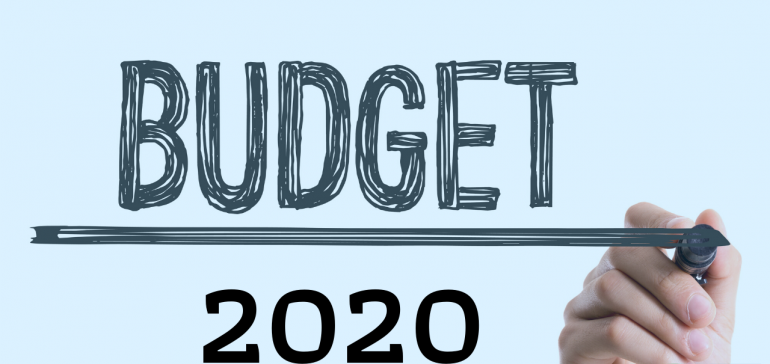The recent pandemic has left the whole world on brinks of Global recession. These are the crisis about which Financial Planners keep on warning about. Although something on this scale where the whole world is on stand still has happened after World War II. For almost 45 days everyone was sitting home with ‘No business or any income’. There are still many businesses which have not opened. Businesses which have opened are doing slow or no business. At this time unless you are in essential services businesses are slow. It is an unexpected crisis which can unfortunately last for a year.
During times like this everyone to whom I have talked to can’t stress enough the importance of liquidity.
Individuals who are sitting with liquidity are better off. The key word here which needs to be pointed out is ‘Liquidity’. The coming two years are going to be difficult for everyone and liquidity is what one needs to have a focus on. There is an ideal Liquidity ratio which in normal times is recommended – ’15 per cent’, that Is at any given time at least 15 per cent of your portfolio has to be liquid funds. Liquid assets are ‘The assets from which within three to four working days you can liquidate your money’. List of liquid assets –
- Mutual Funds
- Fixed Deposits
- Company deposits
- Gold
- Silver
- Stock Market
- Savings account and
- Cash in hand
These liquid assets are over and above the emergency fund which you have kept aside to meet emergency needs like in the recent months.
The coming year is going to be difficult for every one of us. It is best to have liquidity in hand during these tough times. For the coming year, recommend to keep at least 25 per cent of your portfolio in liquid funds.
Remember investing in Mutual Fund equity funds or in stock market your horizon has to be of more than 5 years. So the extra exposure of 10 per cent has to be in non-volatile assets like Fixed Deposits or a Short Term Liquid Fund.
Reviewing the portfolio every three months is important. Once the world sails through the current crisis make sure to revaluate your plan, your goals, and your portfolio and take a wise decision!!



